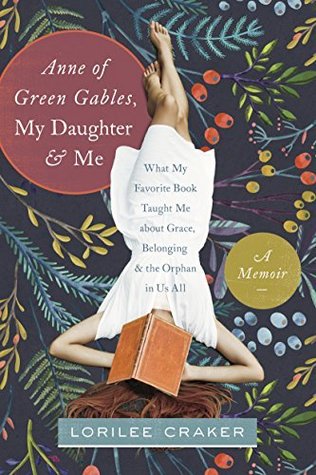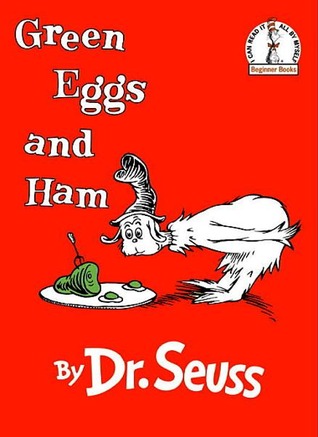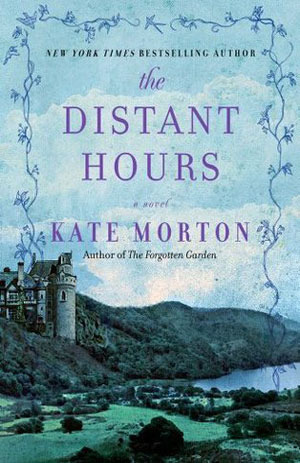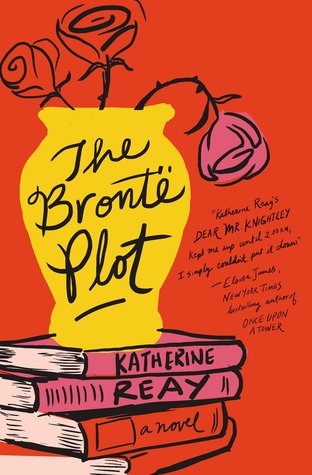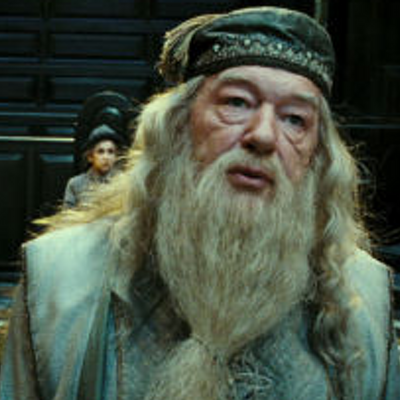
2015 Reading Challenge, Week 48 - A book by an author you love, but haven't read yet.
Well, I fixed that now :) There is even a Colouring Competition for this book, if you'd like to give it a try, although it isn't open to Aussies like me, but people who lived in Canada and the USA.
Sophie Dupont, daughter of a portrait painter, assists her father in his studio, keeping her own artwork out of sight. She often walks the cliffside path along the north Devon coast, popular with artists and poets. It's where she met the handsome Wesley Overtree, the first man to tell her she's beautiful.
Captain Stephen Overtree is accustomed to taking on his brother's neglected duties. Home on leave, he's sent to find Wesley. Knowing his brother rented a cottage from a fellow painter, he travels to Devonshire and meets Miss Dupont, the painter's daughter. He's startled to recognize her from a miniature portrait he carries with him--one of Wesley's discarded works. But his happiness plummets when he realizes Wesley has left her with child and sailed away to Italy in search of a new muse.
Wanting to do something worthwhile with his life, Stephen proposes to Sophie. He does not offer love, or even a future together, but he can save her from scandal. If he dies in battle, as he believes he will, she'll be a respectable widow with the protection of his family.
Desperate for a way to escape her predicament, Sophie agrees to marry a stranger and travel to his family's estate. But at Overtree Hall, her problems are just beginning. Will she regret marrying Captain Overtree when a repentant Wesley returns? Or will she find herself torn between the father of her child and her growing affection for the husband she barely knows?
MY THOUGHTS:
I enjoyed this novel, but wasn't sure I wanted to read it based on the blurb. The plot sounded fairly predictable, and I'm not crazy about love triangles which involve a girl and two brothers. But since Julie Klassen has written some of my favourite novels, I went for it anyway, and I'm glad I did. She brings the Regency Era to life, and I kept thinking about the Overtree family long after I finished.
For other fans of hers, at first the two main men seem like a repeat performance of the brothers in an earlier novel, 'The Maid of Fairbourne Hall', yet I quickly developed stronger feelings for these two.
Stephen is noble and trustworthy, like Nathaniel, but with the added distinction of being a war hero. There's an edge-of-your-seat combat scene or two, something I've never seen from Julie Klassen before (or Jane Austen, for that matter). It really brings home what these British soldiers who fought Napoleon's troops were up against. Stephen comes across as gruff at times, but it's a lovable, awkward sort of gruffness. He's thoughtful and courteous along with it, and there's always a sense that his softer, romantic side might be just about to bloom.
As for Wesley, he was more than just another shallow and despicable Lewis. He is an 'if it feels good, do it' sort of guy, but is shown to have some scruples. A fair chunk of the story is told from his point of view, making it easier to understand how things appeared from his angle.
Wesley's role left me pondering about a father's rights, then and now. Sophie was the one we were meant to have most sympathy for, but I felt regret for him too. If a similar situation occurred in the twenty-first century, would she get away with dictating what was going to happen to their baby without leaving him any options? There are plenty of stories about men who desert girls after getting them pregnant, so it's interesting to come across this one, where a young dad eventually seems willing to step up and accept the responsibility, but his hands are tied by social convention, making it too late.
In a way, he might be getting his just desserts. Men like Wesley are often typecast as getting girls in positions where they are powerless to speak up and defend their parental rights, so in this book, the tables are turned. Anyway, if this story had a villain it would have to be him, so the fact that I found him quite likeable made it all the richer for me.
I love the secondary characters and sub-plots too. The little mysteries kept my pages turning. How did Stephen get his facial scar? Who was Jenny? What grudge does the mysterious Miss Angela Blake from next door carry? And how about the old, retired nurse, Winnie, who lives on the top floor. Does she really possess second sight? What lies in store for the boys' younger sister, Kate, who is a real sweetie?
I guess if it happened in our time, the train of events might have been completely different. Sophie's reputation and place in society wouldn't be on the line as acutely, so Stephen wouldn't necessarily feel such an urgent need to act on her behalf immediately. He might not even bother at all. Wesley would go around quoting YOLO (you only live once), but Sophie would probably be able to easily contact him by mobile phone or social media for something so important. As it is, the time period helps the course of events feel more inevitable, making it a great choice for anyone who enjoys stories about a heroine gradually warming up to a hero who proves to be the more suitable man than her first choice.
Thanks to Bethany House and Net Galley for my review copy.
5 stars

